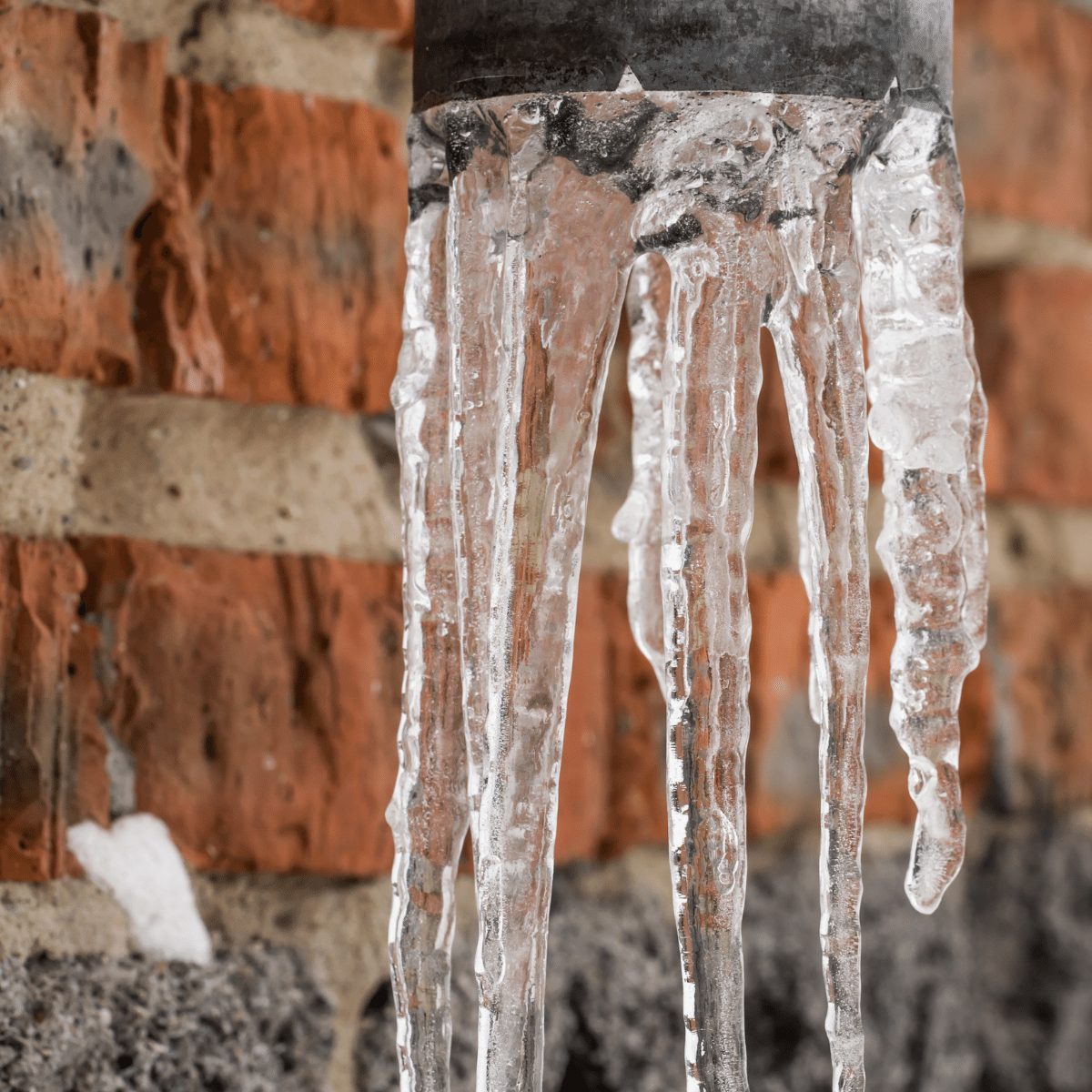Tips to Defend Plumbing System from Cold Weather: Critical Strategies
Tips to Defend Plumbing System from Cold Weather: Critical Strategies
Blog Article
We've encountered the article pertaining to Prevent Frozen Pipes down the page on the internet and thought it made sense to discuss it with you on this site.

Cold weather can ruin your plumbing, specifically by freezing pipes. Below's exactly how to prevent it from taking place and what to do if it does.
Introduction
As temperature levels drop, the danger of icy pipelines increases, potentially resulting in expensive repair services and water damages. Comprehending exactly how to avoid frozen pipes is essential for property owners in cool environments.
Comprehending Frozen Pipes
What creates pipelines to freeze?
Pipes ice up when subjected to temperature levels listed below 32 ° F (0 ° C) for expanded durations. As water inside the pipes ices up, it increases, taxing the pipeline wall surfaces and possibly triggering them to burst.
Risks and problems
Frozen pipes can result in water interruptions, building damages, and costly repairs. Ruptured pipelines can flood homes and create considerable architectural damages.
Indications of Frozen Pipes
Recognizing icy pipes early can stop them from rupturing.
How to determine frozen pipes
Seek reduced water circulation from faucets, uncommon odors or sounds from pipes, and visible frost on revealed pipes.
Prevention Tips
Shielding susceptible pipelines
Cover pipes in insulation sleeves or utilize warm tape to secure them from freezing temperature levels. Concentrate on pipelines in unheated or external locations of the home.
Home heating methods
Keep interior spaces sufficiently heated up, especially locations with pipes. Open cabinet doors to enable warm air to circulate around pipelines under sinks.
Shielding Exterior Plumbing
Yard hoses and outside taps
Disconnect and drain garden tubes prior to winter. Install frost-proof spigots or cover exterior taps with shielded caps.
What to Do If Your Pipelines Freeze
Immediate actions to take
If you presume frozen pipelines, maintain faucets open to ease pressure as the ice thaws. Utilize a hairdryer or towels soaked in warm water to thaw pipes gradually.
Long-Term Solutions
Structural adjustments
Take into consideration rerouting pipes far from exterior wall surfaces or unheated locations. Add extra insulation to attics, cellars, and crawl spaces.
Upgrading insulation
Buy premium insulation for pipelines, attics, and walls. Correct insulation helps preserve regular temperatures and minimizes the threat of frozen pipes.
Conclusion
Avoiding frozen pipes requires proactive measures and quick feedbacks. By recognizing the reasons, indications, and preventive measures, property owners can safeguard their plumbing throughout winter.
Helpful Tips to Prevent Frozen Pipes this Winter
UNDERSTANDING THE BASICS: WHY PIPES FREEZE AND WHY IT’S A PROBLEM
Water freezing inside pipes is common during the winter months, but understanding why pipes freeze, and the potential problems it can cause is crucial in preventing such incidents. This section will delve into the basics of why pipes freeze and the associated problems that may arise.
THE SCIENCE BEHIND FROZEN PIPES
When water reaches freezing temperatures, it undergoes a physical transformation and solidifies into ice. This expansion of water as it freezes is the primary reason pipes can burst. As the water inside the pipe freezes, it expands, creating immense pressure on the walls. If the pressure becomes too great, the pipe can crack or rupture, leading to leaks and water damage.
FACTORS THAT CONTRIBUTE TO PIPE FREEZING
Low Temperatures: Extremely cold weather, especially below freezing, increases the risk of pipes freezing. Uninsulated or Poorly Insulated Pipes: Pipes located in unheated areas, such as basements, crawl spaces, or attics, are more prone to freezing. Insufficient insulation or lack of insulation altogether exacerbates the problem. Exterior Wall Exposure: Pipes running along exterior walls are susceptible to freezing as they encounter colder temperatures outside. Lack of Heating or Temperature Regulation: Inadequate heating or inconsistent temperature control in your home can contribute to frozen pipes. PROBLEMS CAUSED BY FROZEN PIPES
- Pipe Bursting: As mentioned earlier, the expansion of water as it freezes can cause pipes to burst, resulting in significant water damage.
- Water Damage: When pipes burst, it can lead to flooding and water damage to your property, including walls, ceilings, flooring, and personal belongings.
- Structural Damage: Prolonged exposure to water from burst pipes can compromise the structural integrity of your home, leading to costly repairs.
- Mold and Mildew Growth: Excess moisture from water damage can create a favorable environment for mold and mildew growth, posing health risks to occupants.
- Disrupted Water Supply: Frozen pipes can also result in a complete or partial loss of water supply until the issue is resolved.
WHY CERTAIN PIPES ARE MORE PRONE TO FREEZING
- Location: Pipes located in unheated or poorly insulated areas, such as basements, crawl spaces, attics, or exterior walls, are at higher risk of freezing.
- Exterior Pipes: Outdoor pipes, such as those used for irrigation or exposed plumbing, are particularly vulnerable to freezing as they are directly exposed to the elements.
- Supply Lines: Pipes that carry water from the main water supply into your home, including the main water line, are critical to protect as freezing in these lines can affect your entire plumbing system.
- Underground Pipes: Pipes buried underground, such as those connected to sprinkler systems or outdoor faucets, can be susceptible to freezing if not properly insulated.
https://busybusy.com/blog/helpful-tips-to-prevent-frozen-pipes-this-winter/
:strip_icc()/snow-outdoor-faucet-pipes-4af65d1e5e904fb1aa7bf74071fe5d89.jpg)
We had been shown that editorial about How to Prevent Your Pipes From Freezing from an acquaintance on our other web page. Feel free to set aside a second to share this post if you appreciated it. We thank you for reading our article about How to Prevent Your Pipes From Freezing.
Show Details Report this page